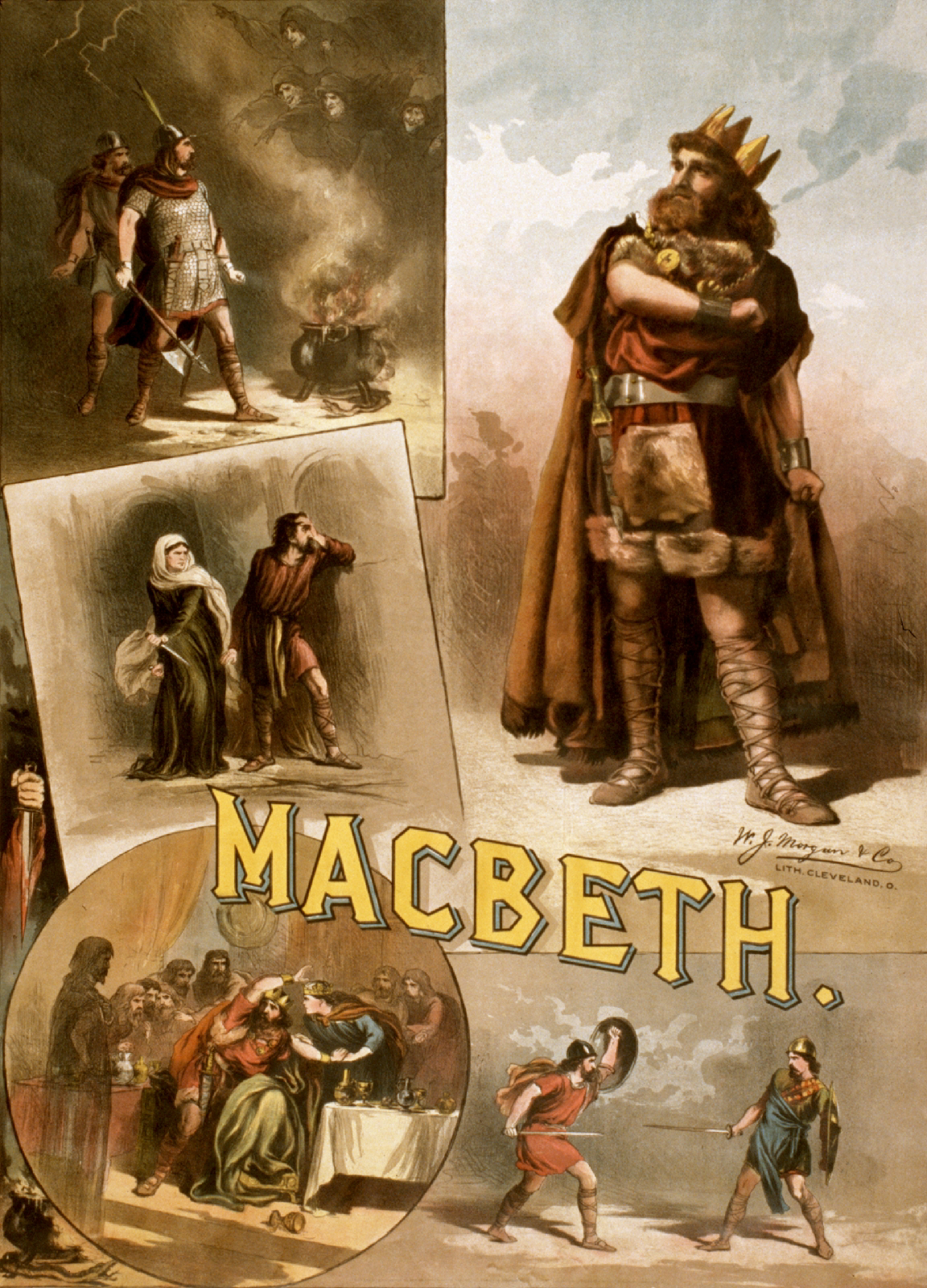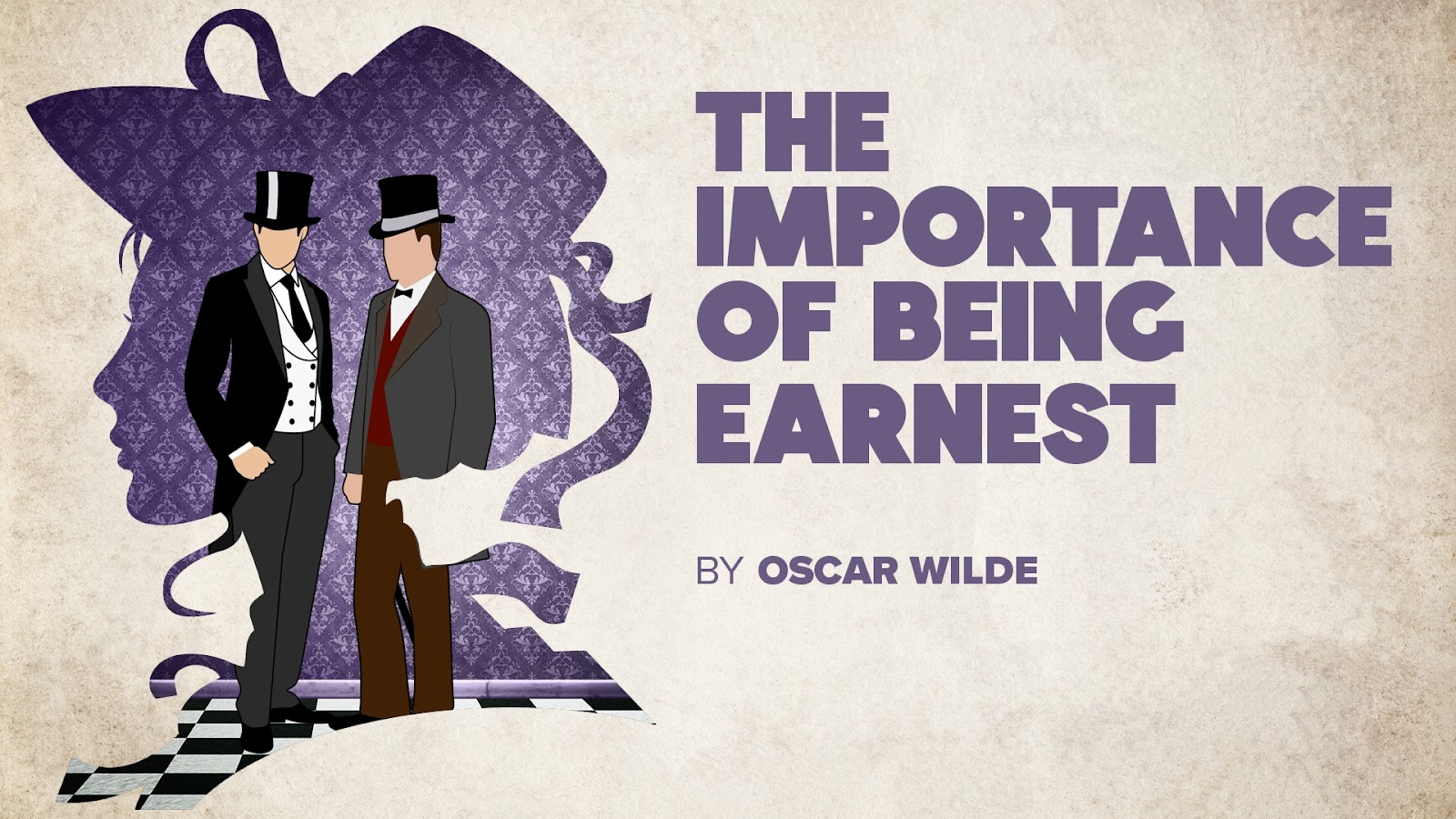Hello friends...
This blog is based on a play 'Macbeth' by William Shakespeare.
'Macbeth' (full title The Tragedie of Macbeth) is a tragedy by William Shakespeare. first performed in 1606.main character of the story is a Macbeth himself.
MCQS:
1) What is the genre of Shakespeare's play "Macbeth"?
a) Comedy
b) Tragedy
c) Romance
d) History
2)Which of the following best describes Macbeth's tragic flaw?
a) Ambition
b) Kindness
c) Honesty
d) Patience
3) The witches' prophecies play a significant role in Macbeth's downfall. What is the primary theme associated with these prophecies?
a) Love
b) Power
c) Justice
d) Friendship
4) Lady Macbeth's sleepwalking scene is a turning point in the play. What emotion is she struggling with during this scene?
a) Joy
b) Fear
c) Guilt
d) Anger
Question -Answer :
1) Describe the symbolic significance of the opening scenes in Act I & IV involving the three witches in the play "Macbeth."
Ans.
In "Macbeth," the opening scenes of Act I and Act IV featuring the three witches hold significant symbolic meaning. In Act I, the witches introduce an atmosphere
2) How does Macbeth's ambition lead to his moral deterioration throughout the play?
Ans.
Macbeth's ambition is a driving force that propels his moral deterioration in the play. Initially, he is depicted as a loyal and honorable figure, but his desire for power and the crown consumes him, leading to a series of morally questionable decisions.
One significant example is when Macbeth contemplates the idea of killing King Duncan to fulfill the witches' prophecy. His ambition overpowers his sense of right and wrong, and he becomes willing to commit regicide to achieve his goals. This marks the beginning of his descent into moral decay.
As the play progresses, Macbeth's ambition pushes him to commit more heinous acts. He orders the murder of Banquo and attempts to kill Banquo's son, Fleance, out of fear that their descendants might threaten his newly acquired kingship. These actions showcase his increasing willingness to eliminate anyone who stands in his way, illustrating his moral erosion.
Lady Macbeth, driven by her own ambition, also plays a role in Macbeth's deterioration. She urges him to commit murder and questions his masculinity when he shows hesitation. This manipulation further intensifies his moral decline, as he succumbs to her influence and carries out ruthless deeds.
Ultimately, Macbeth's ambition culminates in a state of paranoia and guilt. He becomes consumed by his actions, seeing imaginary ghosts and losing his grip on reality. His ruthless pursuit of power alienates him from those around him and leaves him morally bankrupt, reflecting the tragic consequences of unchecked ambition.
3) In what ways does the motif of ‘blood’ serve as a symbol in "Macbeth"? Explain its significance in relation to guilt and violence. (‘Blood’ is mentioned around 40 times in the play).
Ans.
The motif of 'blood' in "Macbeth" serves as a powerful symbol that carries multiple layers of significance, particularly in relation to guilt and violence. Throughout the play, blood is mentioned around 40 times, and each mention contributes to the evolving themes and characters.
1. Guilt : Blood becomes a symbol of guilt, haunting characters like Macbeth and Lady Macbeth. After they commit murder, they feel their hands are stained with the blood of their victims. The famous line "Out, damned spot! Out, I say!" spoken by Lady Macbeth reveals her overwhelming guilt and the inability to cleanse herself of the metaphorical blood on her hands.
2. Violence : The image of blood also symbolizes the violence that stems from Macbeth's unchecked ambition. As he ascends to power through murder, the trail of blood left in his wake represents the ruthless and brutal path he has chosen. The phrase "bloody instructions" is used to describe the orders given to the murderers, emphasizing the connection between ambition, violence, and the shedding of blood.
In summary, the motif of 'blood' in "Macbeth" is a versatile symbol that represents the themes of guilt, violence, ambition, moral deterioration, life, death, and fate. Its recurrence throughout the play underscores the tragic consequences of the characters' actions and choices, adding depth and complexity to the narrative.
4).Discuss the impact of the supernatural elements, such as the witches and prophecies, on the plot and characters of "Macbeth."
Ans.
The supernatural elements in "Macbeth," including the witches and their prophecies, have a profound impact on both the plot and the characters, driving the narrative forward and shaping the psychological and moral arcs of the protagonists.
Catalyst for Ambition: The witches' prophecies act as a catalyst for Macbeth's ambition. Their initial predictions about his rise to power ignite his desire for the throne, setting in motion the series of events that lead to his moral downfall and eventual tragic fate
5) Compare and contrast the characters of Macbeth and Lady Macbeth. How do their personalities and motivations contribute to the unfolding of the tragedy?
Ans.
Macbeth and Lady Macbeth are complex characters in "Macbeth," each with distinct personalities and motivations that contribute to the unfolding tragedy in different ways.
Macbeth:
- Personality: At the start, Macbeth is depicted as a loyal and honorable figure, respected by his peers. However, his ambition and susceptibility to manipulation make him increasingly ruthless and paranoid as the story progresses. His initial moral conflict evolves into a state of moral decay and internal turmoil.
- Motivation: Macbeth's primary motivation is his ambition to become king, which is ignited by the witches' prophecies. He is driven by his desire for power and his growing fear of losing it. This ambition leads him to commit regicide and engage in a series of brutal acts to secure his position.
Lady Macbeth:
- Personality: Lady Macbeth is ambitious and manipulative from the start. She is strong-willed and ruthless, willing to go to extreme lengths to achieve her desires. She initially appears to be in control and more resolute than Macbeth, but her own guilt and psychological breakdown become evident later.
- Motivation: Lady Macbeth's ambition is equally powerful as Macbeth's, and she is willing to push her husband into committing murder to fulfill their aspirations. She aims to break gender norms and takes on a masculine desire for power, but this ambition eventually consumes her sanity.
Comparisons:
- Both characters succumb to unchecked ambition, leading to moral decay and tragic outcomes.
- They both grapple with guilt and the psychological consequences of their actions.
- Their marriage is a partnership driven by shared ambitions, but it deteriorates as their guilt and paranoia escalate.





No comments:
Post a Comment